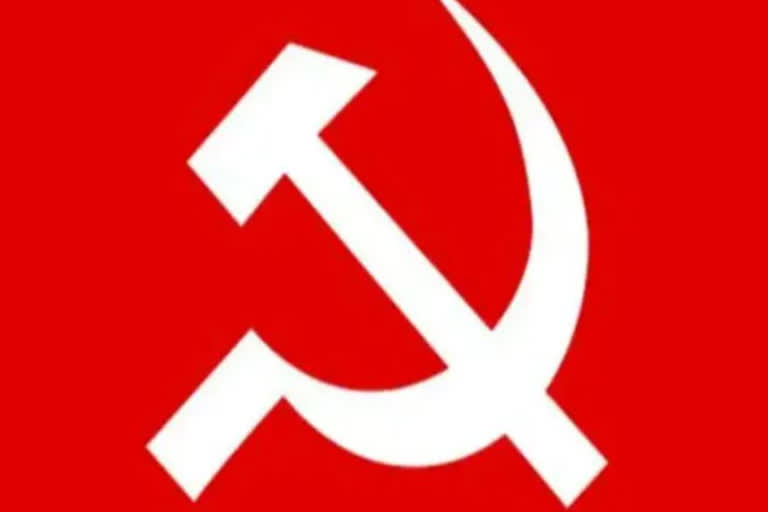New Delhi: The CPI(M) on Wednesday said the Supreme Court judgement upholding reservation for economically weaker sections "raises certain major questions" which need to addressed.
In a landmark verdict, the apex court by a majority view of 3:2 on Monday upheld the validity of the 103rd Constitution amendment providing 10 per cent reservation to people belonging to the economically weaker sections (EWS) in admissions and government jobs. The court said the quota does not violate the basic structure of the Constitution.
"The CPI(M) is not opposed to reservation for EWS in education and jobs, per se. But the Supreme Court order raises certain major questions which need to addressed. Review widespread concerns on EWS," the party urged in a statement.
It said that the CPI(M) has always questioned the criteria to define EWS which set the eligibility for accessing reservation to EWS quota as a fixed ceiling of almost Rs 8 lakh per annum and 5 acres of agricultural land, a residential flat of 1000 square feet and a residential plot of 100 square yards in a notified municipality.
"With the minimum wage and tax free ceiling pegged at a much lower level, these criteria will allow a large population who are not really poor and destitute to access the benefits of this reservation. In effect, this discriminates against the poorest of the poor. It is, therefore, imperative for the government to include this concern in its policy of reservation of EWS," the party said.
Earlier on Tuesday, the CPI said, the Supreme Court verdict upholding the 10 per cent quota for the economically weaker sections (EWS) in educational institutions and government jobs has raised apprehensions and should be refer to a full bench for review.
In a statement, the Left party said the judgment has brought to the forefront "pertinent questions" about its impact on reservation for Scheduled Caste, Scheduled Tribe and Other Backward Classes in the absence of caste census, non-availability of data and criteria to determine the economically weaker sections of forward castes.
"The judgment has created apprehensions with several political parties and social movements demanding that the judgment be referred to a larger constitution bench of the Supreme Court for clarification and constitutional merit of the judgment.
"CPI demands that a full bench of the Supreme Court review the present judgment. The legislative intent behind reservation was not poverty alleviation but affirmative action for historically discriminated and deprived sections of our society," the party said.
The Supreme Court on Monday upheld by a 3-2 majority the 10 per cent quota for the economically weaker sections (EWS) in educational institutions and government jobs, saying it was not discriminatory and did not violate the basic structure of the Constitution.



